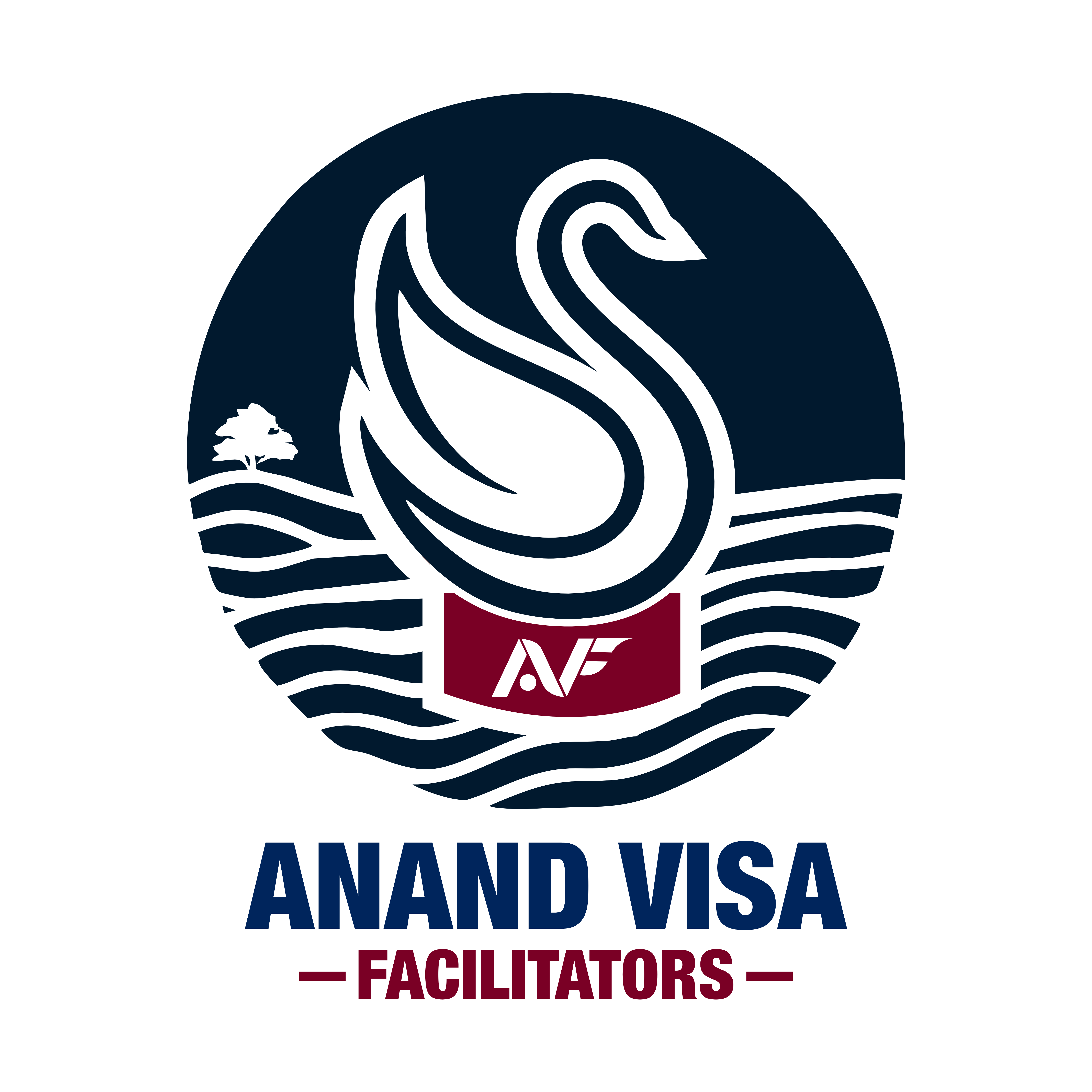
By - AVF Consultant
The Core Skills Occupation List (CSOL) is a significant step in streamlining the skilled migration process as Australia continues to modify its immigration laws to better suit the demands of its dynamic labor market. We'll delve more into the definition of the CSOL, its effects on the Australian visa market, and its significance for both companies and skilled workers in this blog post.
The Need for Change: Replacing Outdated Occupation Lists
The Need to Update Outdated Lists of Occupations Labor-intensive, antiquated, and usually rigid lists of occupations have long served as the foundation for Australia's temporary skilled visa regime. These lists have been challenging for both companies and visa applicants since they do not consider the needs of the Australian labor market. The administration agreed to address this issue and promised to make the system more responsive, transparent, and in line with real-world requirements.
Core Skills Occupation List (CSOL).
By compiling the most in-demand jobs into a single, concise list, the CSOL replaces the earlier listings. This list, which appropriately reflects Australia's changing workforce requirements, is the outcome of thorough labor market analysis and consultations coordinated by Jobs and Skills Australia (JSA).
What Is Included in the CSOL?
The Core Skills Occupation List is an extensive catalog of 456 professions deemed vital for Australia's labor market. It encompasses a wide variety of sectors, including healthcare, engineering, technology, and trades. Crucially, the CSOL is shaped by comprehensive analysis and input from stakeholders, guaranteeing it reflects the occupations that are truly needed nationwide.
This unified list provides a straightforward route for skilled workers aiming to migrate temporarily to Australia. Regardless of whether you are a healthcare worker, an IT specialist, or a tradesman, the CSOL offers insight into the professions eligible for migration through particular visa pathways.
CSOL’s Role in the New Skills in Demand Visa Stream
A significant change coming in December 2024 is the launch of the Skills in Demand visa, which will replace the current Temporary Skill Shortage (subclass 482) visa. This new visa will be closely linked to the Core Skills Occupation List (CSOL), and applicants will need to ensure that their occupation is included on the list to be eligible for this visa.
The Skills in Demand visa is designed to meet the needs of industries and regions facing skill shortages, making it easier for employers to find the right talent for key roles. As the CSOL will play a central role in determining which occupations qualify, it’s crucial for skilled workers to carefully review the list to confirm if their occupation is included.
CSOL and the Permanent Employer Nomination Scheme (subclass 186)
In addition to its role in the Skills in Demand visa, the CSOL will also be applicable to the Direct Entry stream of the Employer Nomination Scheme (subclass 186) visa. This visa allows skilled workers to apply for permanent residency in Australia if they are nominated by an employer for a position that aligns with the list of eligible occupations.
By using the CSOL as a benchmark for eligible occupations, the government aims to streamline the process for both temporary and permanent skilled migration, ensuring that Australia's workforce has access to the best talent to fill critical roles.
Key Benefits of the CSOL for Skilled Workers and Employers
The CSOL provides various advantages for skilled workers wanting to find jobs in Australia and for employers aiming to recruit talented individuals. Here’s why the updated CSOL is better:
- Streamlined Application Procedure: The CSOL supersedes various occupation lists, providing one unified list. This clarification helps applicants and employers better comprehend which professions are eligible for temporary and permanent migration pathways.
- Labor Market-Focused: The CSOL is founded on current labor market evaluations and discussions with industry participants, guaranteeing it represents the genuine requirements of the Australian economy. This indicates that skilled workers are more likely to be chosen for migration in areas where there is real demand.
- Defined Routes for Migration: The CSOL offers explicit direction on qualifying jobs for both temporary and permanent visa seekers, simplifying the process of understanding Australia’s intricate immigration framework.
- Strategic Workforce Planning: Employers can more easily identify the types of skilled workers they need by referencing the CSOL, making it a valuable tool for workforce planning.
What’s Next? Other Reforms Coming in December 2024
The CSOL's implementation is just one of several big changes that will significantly influence Australia's migration scene in December 2024. These consist of:
- A new visa called the Skills in Demand visa was created to solve the severe talent shortages in the Australian labor market.
- High-skilled people will be encouraged to contribute to Australia's innovation sector under the National Innovation visa.
We'll keep you informed about these significant improvements and will soon provide more specifics about these adjustments.
Final Thoughts
A key component of Australia's revised skilled migration program is the Core Skills Occupation List (CSOL), which seeks to enhance the process's efficiency, transparency, and responsiveness to the labour market's needs. The CSOL will greatly influence your actions, whether you are an employer seeking skilled candidates or an employee wishing to migrate to Australia.
Keep informed of the most recent visa modifications, and be sure to check with the CSOL to see if your line of work is eligible for the new visa streams. Employers and talented workers hoping to establish themselves in the Australian workforce are in for an exciting moment thanks to the launch of the Skills in Demand visa and the continuous revision of Australia's immigration laws.
For more information or to explore how the CSOL can impact your migration plans, feel free to contact AVF Consultant. We specialize in helping individuals and businesses navigate Australia’s immigration system with ease.


